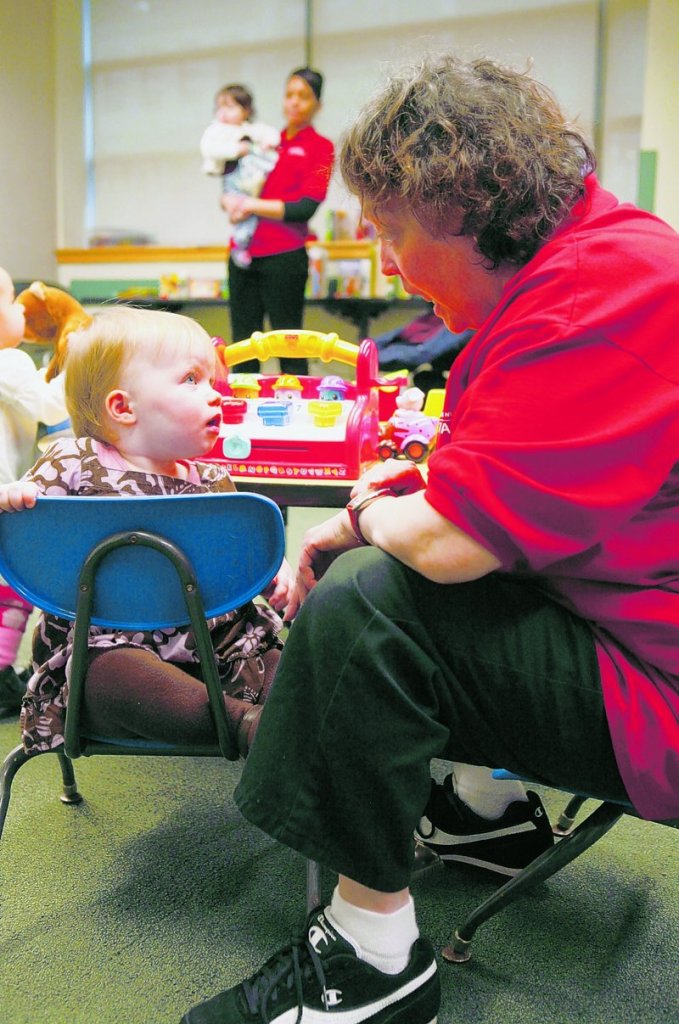A new study finds that babies raised by working mothers don’t necessarily suffer cognitive setbacks, an encouraging finding that follows a raft of previous reports suggesting that women with infants were wiser to stay home.
Columbia University researchers say they are among the first to measure the full effect of maternal employment on child development — not just the potential harm caused by a mother’s absence from the home, but the prospective benefits that come with her job, including higher family income and better child care.
In a 113-page monograph, released this week, the authors conclude “that the overall effect of 1st-year maternal employment on child development is neutral.”
The report is based on data from the most comprehensive child-care study to date, the National Institute of Child Health and Human Development Study of Early Child Care. It followed more than 1,000 children from 10 geographic areas through first grade, tracking their development and family characteristics.
Infants raised by mothers with full-time jobs scored somewhat lower on cognitive tests, deficits that persisted into first grade. But that negative effect was offset by several positives. Working mothers had higher income. They were more likely to seek high-quality child care. And they displayed greater “maternal sensitivity,” or responsiveness toward their children, than stay-at-home mothers. Those positives canceled out the negatives.
Working mothers have labored under a collective societal guilt since the 2002 publication of landmark research showing that early maternal employment hampered child development. The same research team behind that report produced this one.
The study, “First-Year Maternal Employment and Child Development in the First 7 Years,” reaffirms the now-established point that women who work full time in the first year of motherhood risk mild developmental harm to their children. Part-time employment has no negative effect, nor does it matter whether a mother works full time after the first year.
The reason may be that a mother with a full-time job cannot provide an infant “the kinds of intensive interaction that babies require,” needs that diminish in the toddler years, Brooks-Gunn said. High-quality child care, too, is hard to find for an infant. She and co-author Jane Waldfogel experienced those issues firsthand, having both worked full time with infant children. They wrote the paper with researcher Wen-Jui Han.
Send questions/comments to the editors.



Success. Please wait for the page to reload. If the page does not reload within 5 seconds, please refresh the page.
Enter your email and password to access comments.
Hi, to comment on stories you must . This profile is in addition to your subscription and website login.
Already have a commenting profile? .
Invalid username/password.
Please check your email to confirm and complete your registration.
Only subscribers are eligible to post comments. Please subscribe or login first for digital access. Here’s why.
Use the form below to reset your password. When you've submitted your account email, we will send an email with a reset code.